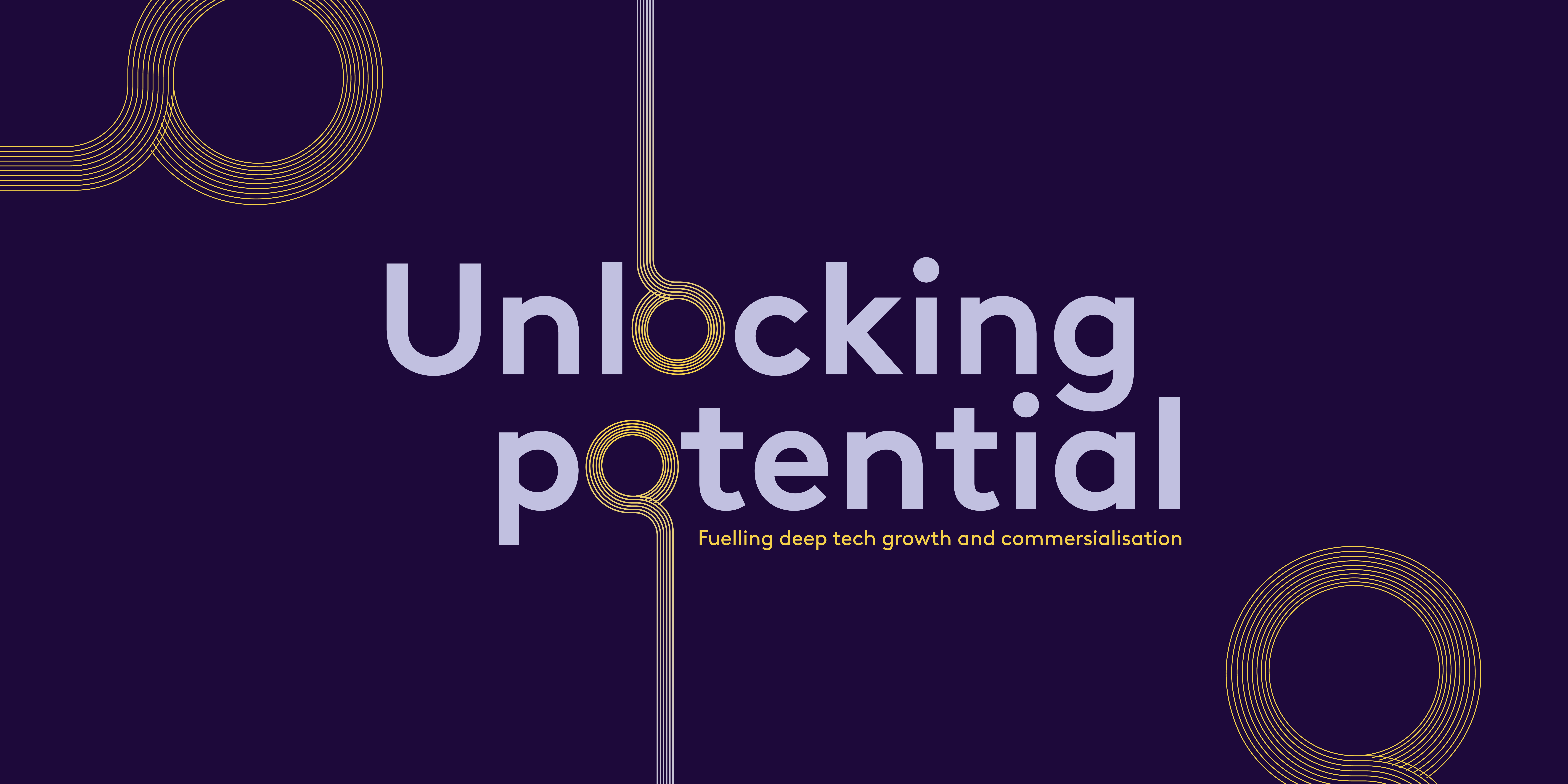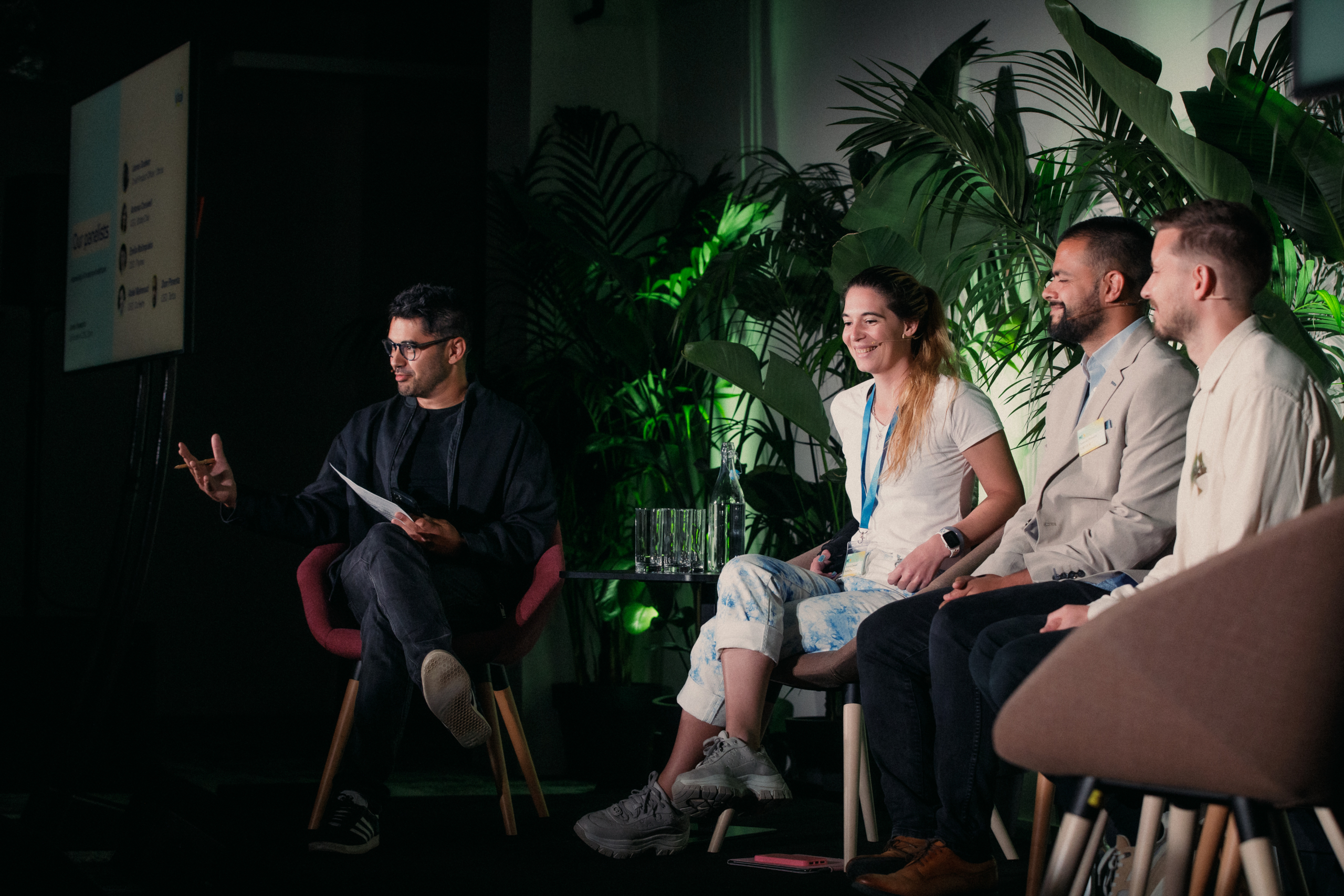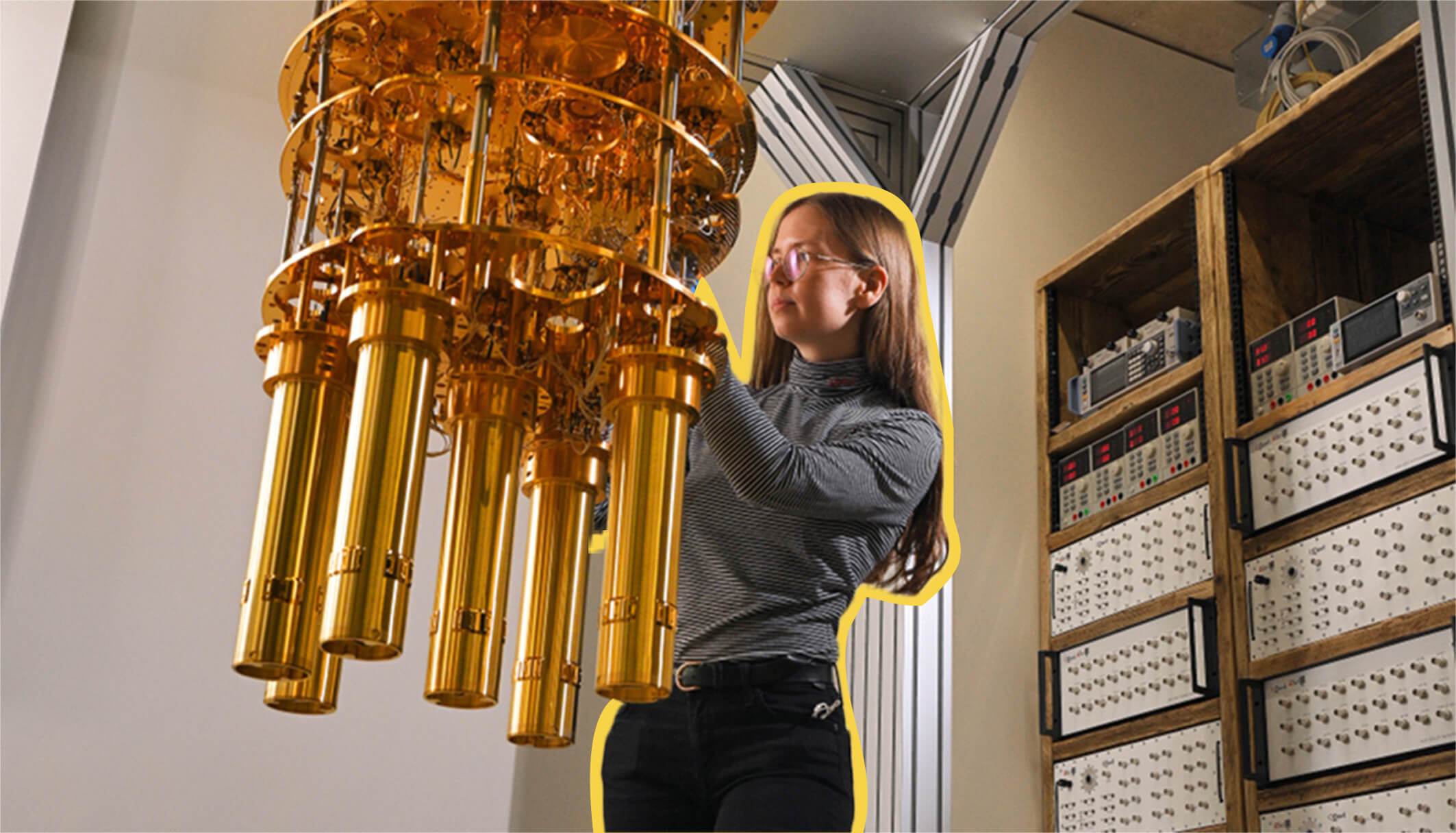Tripling down on bio
Our mission is to back the people and ideas that are changing the world, and there are few better sectors in which to do that than biotech. We need look no further than the front pages to see the profound positive impact that biotech can have on our world – from the effect CAR-T therapies are having on cancer therapy to mRNA vaccines changing the course of the COVID-19 pandemic. The European Biotech ecosystem, however, has historically lagged behind the US, in part, due to poor translation of research, while we are seeing improvements on this front there is a long way to go, a fact we realised and began trying to address in 2019, when the bioscientists within Octopus began to focus on finding Europe’s most promising biotech businesses.
We found, and still find, that unlike tech, biotech investors are few, and even fewer have operational experience or the depth of knowledge to really understand the most complex, in-depth and potentially revolutionary ideas being worked on by bioscientists. While many EU generalist investors have the money to invest, generalist VCs that haven’t built in-house expertise focused on biotech don’t necessarily have the experience and understanding of the unique challenges and requirements of bio-focused ventures. That includes experience of the far longer development timelines and much bigger capital requirements needed to go the distance with a biotech venture. Typically in tech, for instance, VC backing ends with an exit at IPO. Biotech IPOs, on the other hand, act as mechanisms for further fundraising at which point the business is likely still not profitable. IPO’d biotechs often still need to fundraise post listing – Morgan Stanley estimates that 30% of the public biotech they follow will need to finance this year. That’s a hard fact that most specialist VCs accept going into this asset class and can prove difficult for a generalist venture capital fund or their LPs to stomach without previous experience of the biotech journey.
That’s where we see the Octopus difference. We’re able to bring investors with extensive technical backgrounds in bioscience together with a pool of deep, patient capital that’s familiar with R&D heavy, capital intensive, extended business journeys. Uzma Choudry, a former academic focused on biophysics and synthetic biology, leads our biotech investments alongside Luke Hakes who built his career studying human disease. We continually have more to learn in a space that is continually transforming, but we’ve been busy over the last two years building a biotech portfolio including Biofidelity, Nanosyrinx, Imophoron and Ori Biotech, which has subsequently gone onto raise a $100m oversubscribed B round. We’ve also actively partnered with sector specialist investors and are working closely with industry and academia to continually build on the expertise we already have and offer the best possible support to our portfolio.
Thanks to that work, combined with our scale and history backing European businesses, we’re able to bring investors with extensive technical backgrounds in bioscience together with a pool of deep, patient capital that’s familiar with R&D heavy, capital intensive, extended business journeys. That experience isn’t just in bio, we’ve backed some of the most complex, and long in-development businesses to exit: businesses like pioneering neural network business, Magic Pony and augmented reality optical display business, WaveOptics, which joined Snap Inc in a $500 million acquisition last year. We believe this makes us the right partner for bio entrepreneurs with a pioneering idea.
With world changing ideas comes potential to build businesses and, for those businesses’ backers, generate returns and we think the next generation of those businesses is in Europe and the UK. The UK already punches well above its weight in the sector – more than 30 per cent of biotech businesses in Europe are in the country, and the average growth in UK biotech share prices was 32 percent in 2022, faster than the US and Europe. That’s thanks to an ecosystem of some of the world’s best research universities and academics, easy access to incubators and accelerators and availability of grants that provide non-dilutive funding at an idea’s earliest stages. And while the UK leads, we’re seeing new hubs boom across Switzerland, France, Sweden, Israel and Denmark. For investors who are prepared for biotech’s comparatively high failure rates and have the capital and the patience needed for this money and time hungry sector, we see potential returns higher than core tech. We also see intense, research focused businesses that are building up banks of IP and technologies that make them highly valuable at their very core, and extremely difficult to emulate.
With all these challenges and opportunities accounted, we’ve spent a great deal of time examining where we should be supporting the biotech ecosystem. We’ve fallen on four core focuses for our biotech investments:
- TechxBio – leveraging the power of compute to solve some of the biggest problems in biology and drug delivery, and moving drug discovery into a new era. We’ve seen DeepMind solve the protein folding problem, one of biology’s grand challenges. What can compute unlock next? Given the complexity of biology and biological datasets, empirical computation and hypothesis free AI guide experimental exploration of more fruitful solution spaces than traditional hypothesis-led problem solving. The key consideration beyond data quality, generalisability and expressivity of the models, is building a pipeline that can demonstrate the broad capabilities of the platform, creating value through clinical assets while spreading the clinical risk across a number of clinical assets. Exscientia and Recursion are venture backed businesses leading the way in this space.
- Life sciences tools – Tools that help us provide a novel and unprecedented insight into parts of biology and provide understanding of disease we couldn’t previously unlock. One of our core debates, for instance has been merits and challenges of centralised (using the novel insights and proprietary data to generate proprietary clinical assets) and decentralised (selling tools into labs) go-to-market approaches to life sciences tools.
- Advanced therapeutics, diagnostic and biomanufacturing platforms – the next generation of therapeutics with curative potential unlocked by CRISPR, nucleic acid-based therapeutics and cell and gene therapies (CGTs). Decentralised point-of-care precision diagnostics that are price- accessible for on-going preventative screening and treatment monitoring. Biomanufacturing platforms and novel business models that can unlock patient access to CGTs and live-therpeutics.
- Synthetic biology – Going back to nature to solve some of the biggest challenges facing mankind and planet. With the advancements in molecular biology and computing, we can now design and code biology as well as read it. Creating value here is a key challenge especially in some areas where entire value chains need to be (re)built and novel business models need to be explored to support the SynBio solutions.
We’re just at the beginning of a new wave of innovation and revolution in biotech and are ready to back the bioscience ideas that will change the world. If you’re building one of those ideas, get in touch, we want to hear from you.














